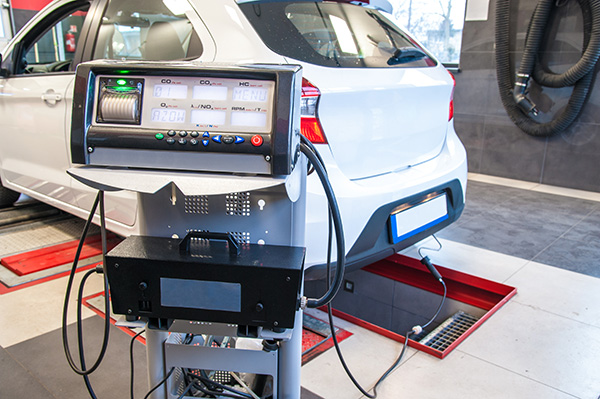Posted on 8/29/2025

It can be frustrating to have your car fail a smog or emissions test even though it seems to run perfectly well. You start the engine, it idles smoothly, accelerates without hesitation, and doesn’t show any obvious problems, yet the results say otherwise. Smog checks not only assess how well your car drives, but also evaluate how cleanly it operates. That means a hidden issue with the emissions system can cause failure long before you notice any difference in performance. How Emissions Tests Work Modern vehicles are designed to burn fuel as completely and efficiently as possible. Smog tests check the level of pollutants that come out of the exhaust pipe. These include carbon monoxide, nitrogen oxides, and hydrocarbons. Even if your car drives normally, sensors, filters, and engine management systems could be malfunctioning in ways that increase these emissions. That’s why the test can uncover issues invisible during everyday driving. Common Reaso ... read more
Posted on 8/1/2025

When you're in the market for a pre-owned car, one of the first things you probably look at is the mileage. It's often viewed as a quick indicator of a vehicle's condition or lifespan. But is there really such a thing as “too many miles” on a used car? The answer isn’t always straightforward. While mileage does matter, it’s only one piece of the puzzle. What’s more important is how those miles were accumulated and how the vehicle was maintained over time. Let’s explore how mileage should factor into your decision-making, what to watch for when shopping for high-mileage cars, and how to determine whether a used vehicle is still a smart buy. Mileage vs. Maintenance: Which Matters More It’s easy to assume that lower mileage automatically means a better car, but that’s not always the case. A well-maintained vehicle with 120,000 miles might be in far better shape than a neglected one with only ... read more